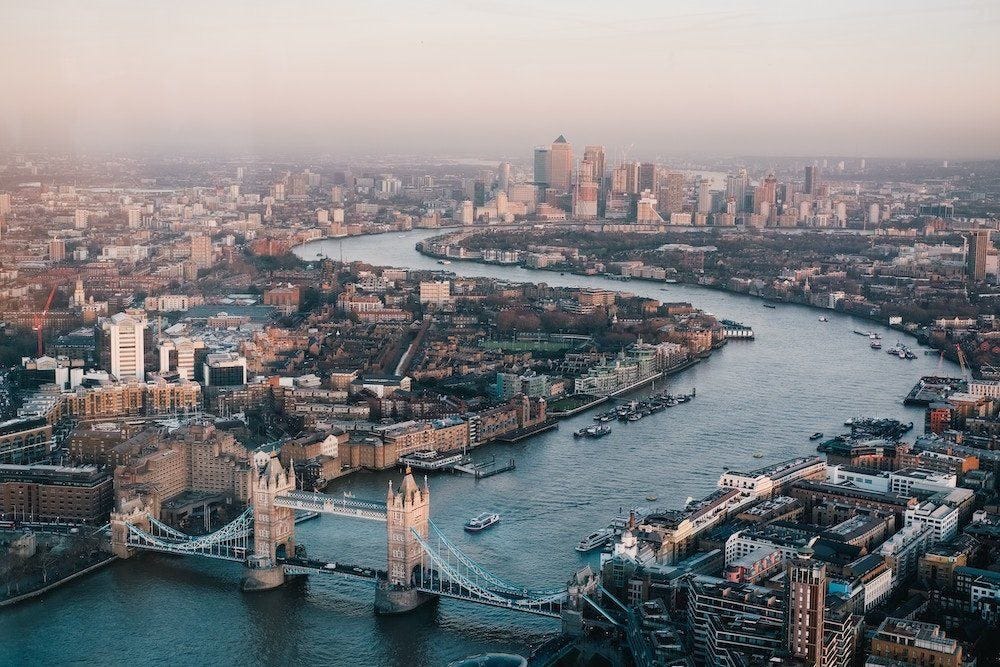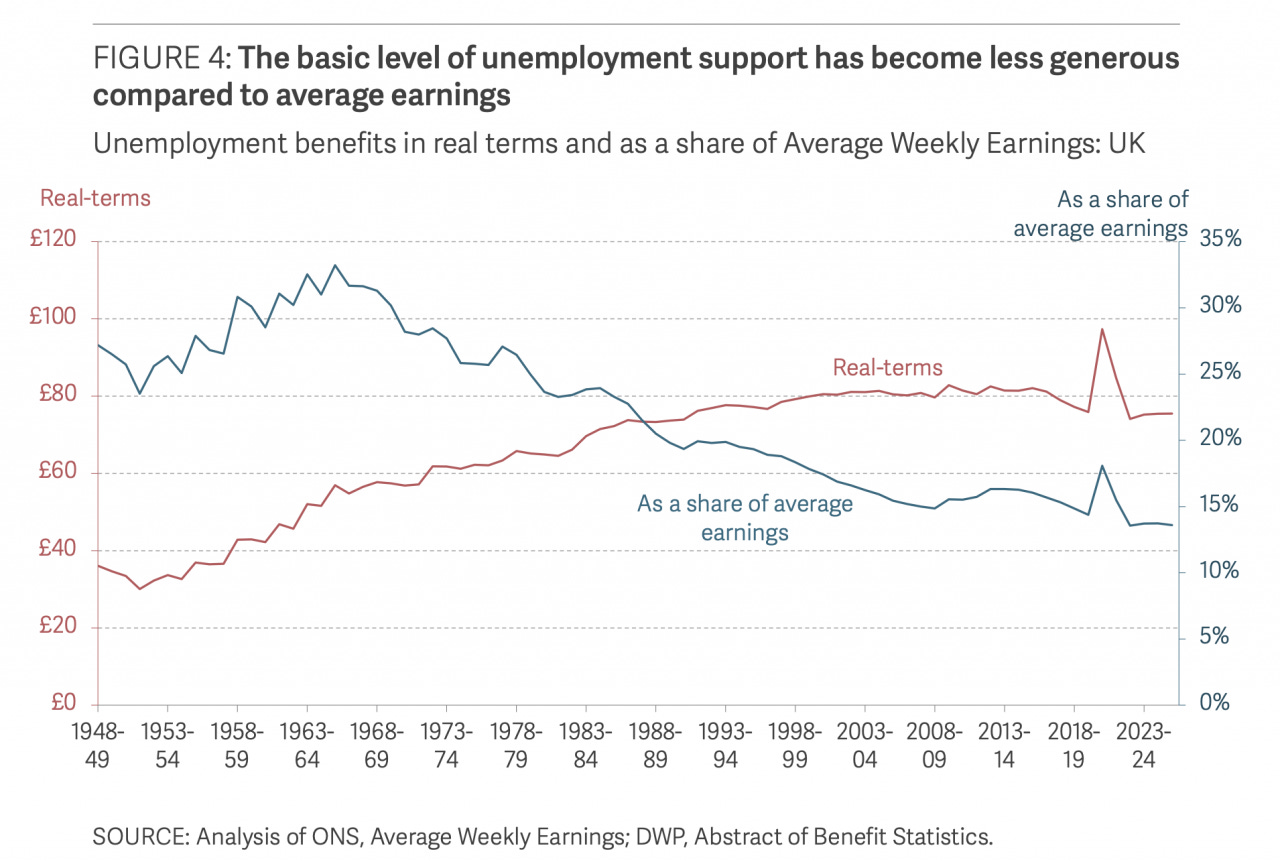Poverty, poverty, poverty
This week's edition is all about poverty, in all its forms. Poverty has been the focus of a lot of research published of late, with its links to the levelling up agenda and the cost of living crisis.
Welcome to the third edition of Fair Comment.
This week's edition is all about poverty, in all its forms. Poverty has been the focus of a lot of research published of late, with its links to the levelling up agenda and the cost of living crisis.
If you have any comments on how we can improve and develop this newsletter, please contact me directly on will@fairnessfoundation.com.
To find out more about us, please visit fairnessfoundation.com.
Thanks and best wishes,
Will Snell
Chief Executive Fairness Foundation
Painting a picture of poverty in the UK
Poverty in the UK is getting worse. And this matters for fairness, because living in poverty closes off many of the opportunities that are open to others. So we can't claim to live in a fair society when people are living in poverty.
Different causes in different places for a problem at the heart of unfairness
This week, the Joseph Rowntree Foundation published a major study of poverty, UK Poverty 2022. Among its findings are that 22% of the population (14.5 million people) are in poverty, and that almost one in three children (31%) are living in poverty, up from 27% in 2010. Poverty has increased both for those in work and those on benefits. The highest rates of poverty are in London and in the North and Midlands of England.
The drivers of poverty are very different in different parts of the UK, according to the report. In London, key causes of poverty are high housing costs, while in the North and Midlands the main causes are worklessness and low pay. The report warns that a combination of high inflation and living costs, rent increase and real-terms benefits cuts are likely to deepen poverty further in the future.
Increasing levels of in-work poverty
On a similar theme, the Social Market Foundation has published research about the scale of in-work poverty, especially in London, with recommendations for what businesses can do to tackle it (and why they should). Their report, Capital Concerns, highlights that the proportion of London households in poverty where at least one adult works full-time has risen by 50% in a decade, and that 75% of children in poverty in London are living in working households. This is a stark illustration of the way in which the social contract has broken down.
Inadequate support for low-income families
Finally, a report out today from the Covid Realities project (by the University of York, the University of Birmingham and the Child Poverty Action Group) looks at how families on low incomes have become even more disadvantaged as a result of Covid-19, and finds that "our social security system and wider public services are failing to provide families on low incomes with adequate support".
Read the Covid Realities report
Chart of the week
Social security spending is failing to deliver reductions in poverty and inequality
The Resolution Foundation's Economy 2030 inquiry has published a report on social security this week, which argues that the benefits system does too little to provide basic levels of income support. They argue that "the poorest members of society are being left further behind, while many are left with little by way of insurance if their jobs are threatened by economic change".
Poll of the week
Is the government doing enough to tackle poverty in Britain?
Last week we asked for your views on the fairest way of funding the BBC. 49% of you plumped for the licence fee, with 33% preferring general taxation, while 10% opted for a subscription model and 8% 'something else'.
Reads of the week
Plenty of polling data this week, with the New Statesman suggesting that most people consider £40,000 a high salary, while Bright Blue found that 70% of people think that the poorest have become worse off since the 2019 general election, including 58% of Conservative voters.
Two interesting reports have been published on levelling up, with The Centre for Inequality and Levelling Up putting out a comprehensive examination of the issuefrom multiple perspectives, alongside a more narrowly focused piece from More In Common examining polling evidence of what the public's expectations are of the government's actions on this issue.
Olivia Konotey-Ahulu writes in Bloomberg about racial inequality in the housing market (the “ugly truth about the road to prosperity in the UK”), referring to ONS data showing that the median black household has accumulated zero wealth through home ownership over the last decade, compared to £115,000 for the average white household.
James Marriott writes in The Times that rule-breakers often get ahead (no prizes for guessing what this is about), despite the public's deeply held views about the importance of 'fair play'.
Paul Lee writes in his Sense of Fairness blog about how fairness and inequality fuel the spread and popularity of conspiracy theories across the world. This links to a report published by Carnegie UK on Gross Domestic Wellbeing, arguing that focusing on 'GDWe' rather than GDP would increase public trust and enable citizens to hold government to account.
Fairness Foundation updates
Last week's event discussing health inequalities (and why progress in tackling them has been limited), with Professor Sir Michael Marmot and our four brilliant panellists, is now available to watch online.






